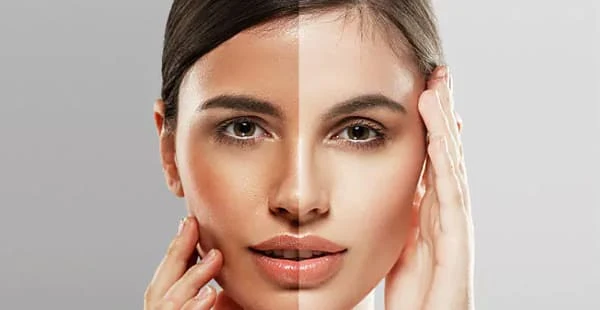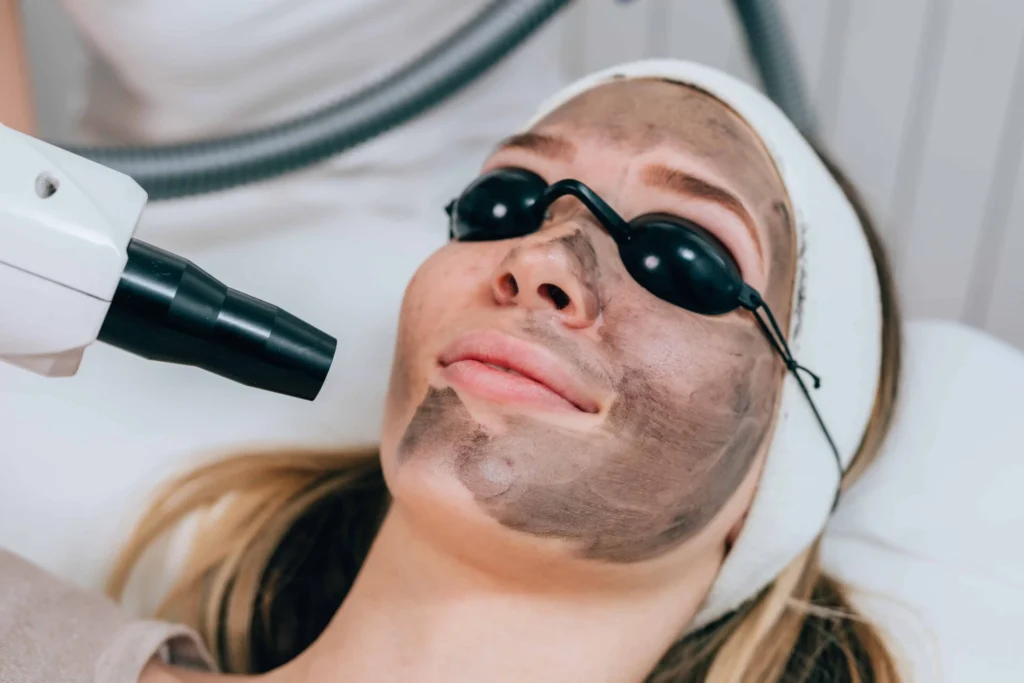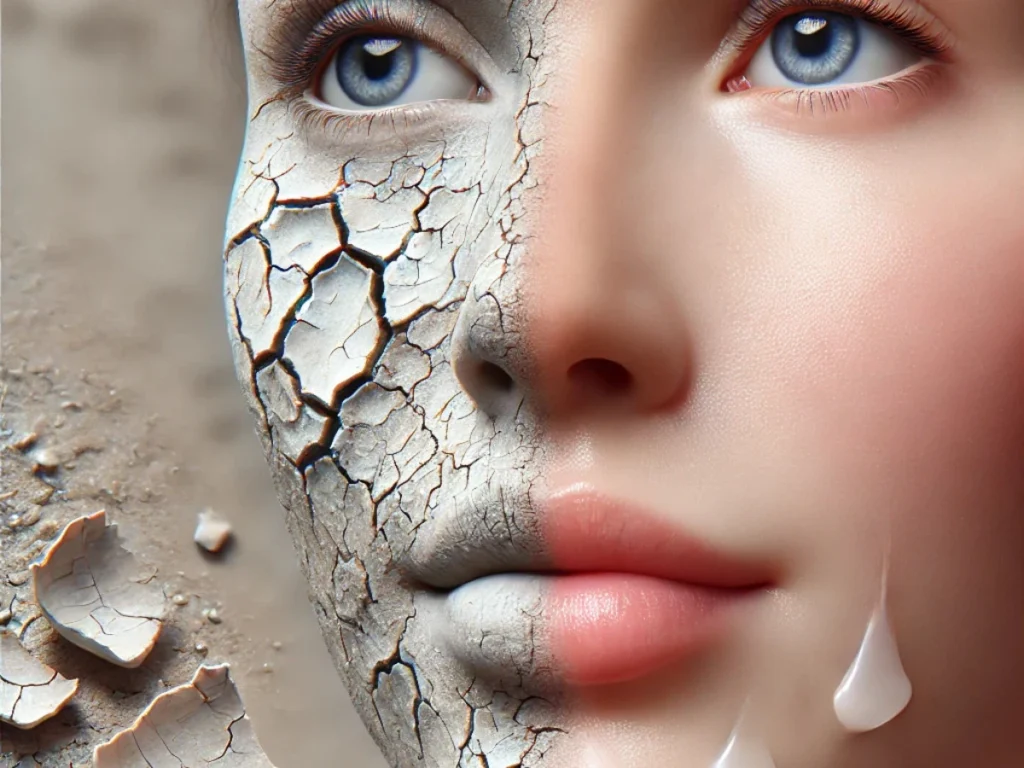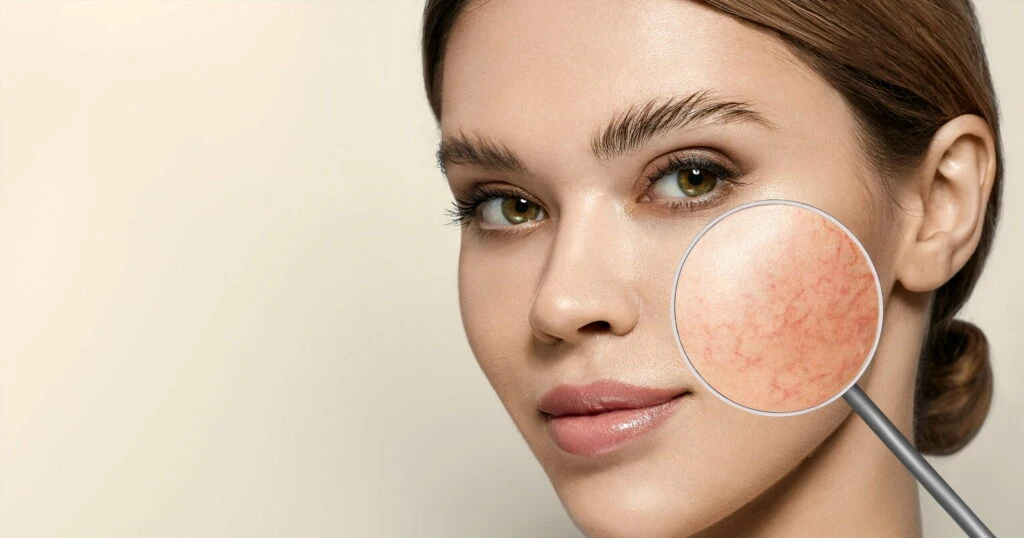How to Remove Pimples naturally and permanently
How to remove pimples naturally and permanently Introduction Understanding the causes of Acne Harmonal Imbalances Diet And Lifestyle Environmental Factors Natural Remedies for pimple removal Essential Oils and their Benifits Herbal Treatments and DIY Masks Dietary Changes for Clearer Skin Building a Natural Skincare Routine Cleansing with Natural Ingredients Exfoliation and Moisturization Techniques The Importance […]
How to Remove Pimples naturally and permanently Read More »







